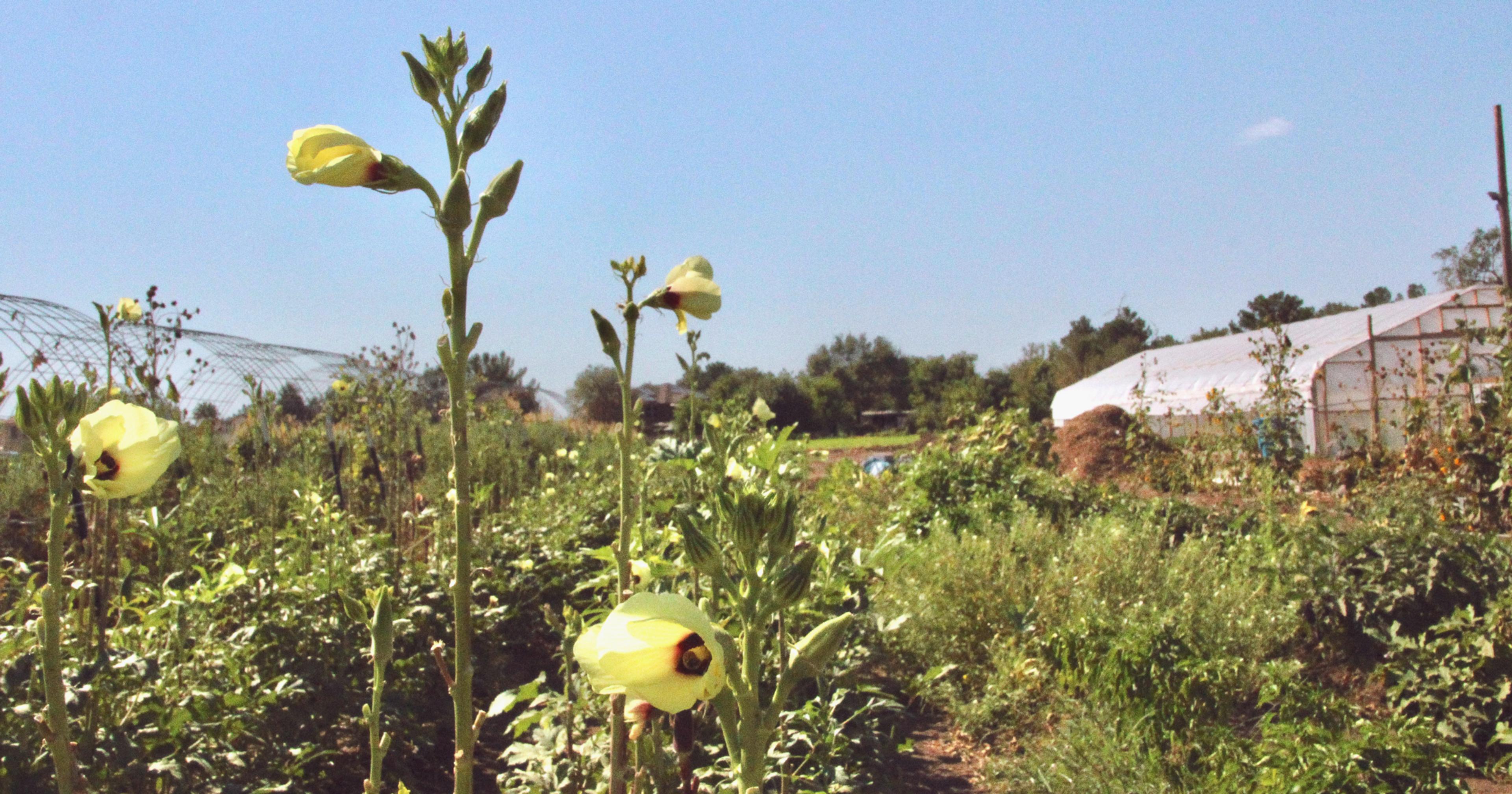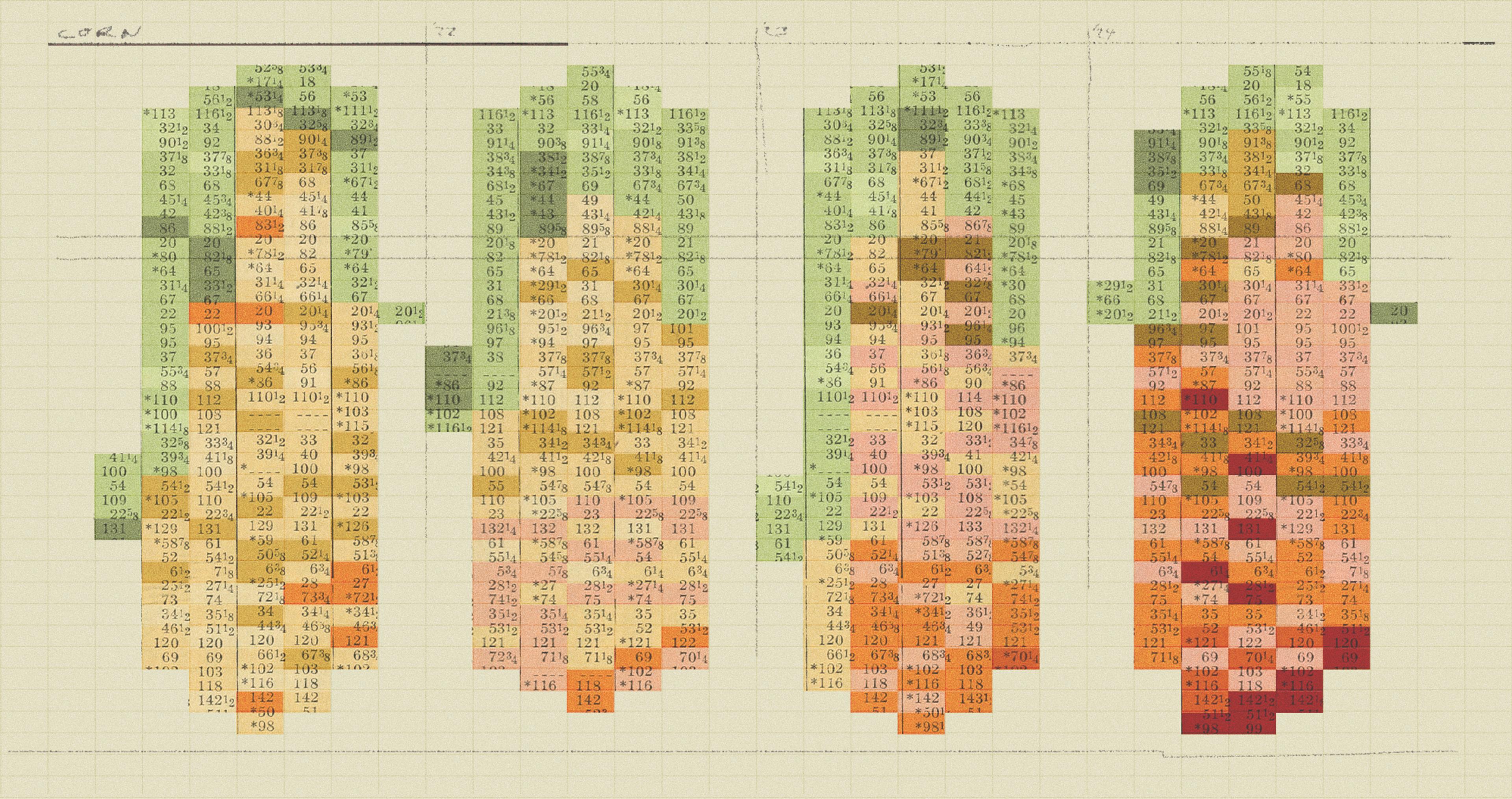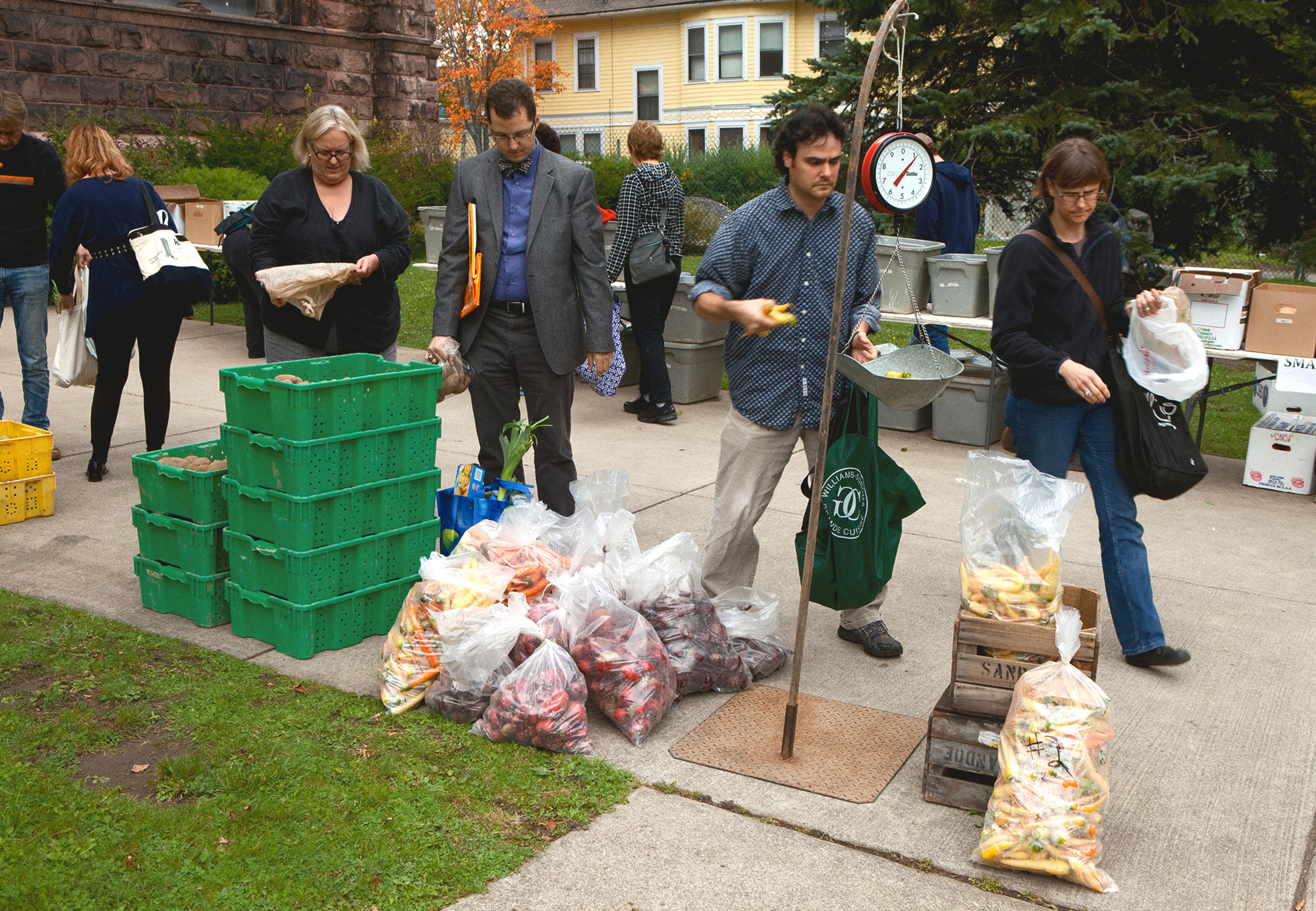A new study — including a first-of-its-kind national survey — hopes to show that if America wants farmers, those farmers need help with childcare.
When researchers Florence Becot and Shoshana Inwood started hosting focus groups on raising children while maintaining a farm, they hoped for a modest number of volunteers. Within days, they had triple the participants they were aiming for.
“Our goal was to recruit 36 women in the three states of Vermont, Wisconsin, and Ohio, and we gave ourselves five weeks,” said Inwood, an associate professor of community, food, and economic development at Ohio State University. “In five days, we had 108 women. We had to shut down registration.”
The two had clearly tapped into an issue farmers were eager to discuss, and as they conducted the focus groups, they immediately noticed common themes and shared experiences. “Women actually started to see and say, you know, ‘I didn’t realize that the issues that I have as a dairy farmer are the same as women who are vegetable farmers,’” said Becot, an associate research scientist at the National Farm Medicine Center.
The focus groups are just one part of a five-year study that Becot and Inwood launched in 2020. Now, the two have used the information they collected to formulate a comprehensive online survey for more farmers to share their experiences.
Throughout their conversations thus far, they’ve heard many accounts of farmers struggling to maintain a financially viable farm and a family. The high price of childcare along with limited rural availability stretched many American farmers thin. Additionally, lack of access to affordable healthcare — all the more important when raising children — forced many farmers to leave farm work entirely.
“While there are a lot of joys of raising children on the farm, and people really love doing that, there’s also the reality that we need to talk about this. If America wants farmers, then American farmers need help with childcare,” said Inwood.
With the average age of farmers in the U.S. climbing, the researchers note that helping young, new-parent farmers access more support — like childcare and affordable health insurance — could be one tool to help change that.
The survey — live now and available to any farmer across America who both operates a farm and is the primary caregiver to a child — allows farmers with children to share their lived experiences. The researchers hope to illuminate areas where farm parents could use the most help, and then use the research to push for more systemic support. The survey will remain open until March 15, with no limit to how many farmers can participate.
“If America wants farmers, then American farmers need help with childcare.”
Children need a different level of attention at every age; farmers with kids must frequently adapt to new phases of parenting. Even as children get older and more independent, raising them is still a full-time commitment — just like farming.
Katie Kulla, a farmer and mother who operated a commercial organic vegetable farm in Oregon for 15 years with her husband, knows firsthand both the rewards and challenges involved. Since the pandemic hit in 2020, the two have stepped away from the commercial side of things, operating their land as a homestead.
“The kids got to a certain age where I could do some field work with them out there with me,” said Kulla. She would try to bring them out while she harvested, then they would need something like snacks or a trip to the bathroom — it was always a balance.
Becot said she has heard farmers describe plotting their fields not necessarily where the soil was best, but closer to their homes to allow easier back and forth with the kids.
“It’s really one of the only occupations … where people kind of assume that it’s something their kids will also be engaged with or at least physically be with them, which is possible, but it’s challenging,” said Kulla.
“From what we know, no one has ever asked these questions, and not at this scale for sure.”
For many farmers, cost and distance are the biggest hurdles when it comes to off-farm childcare. For Kulla, both of those factors put it out of reach so she kept her two kids home. She stepped away somewhat from the physical labor side of farmwork, and she and her husband hired an employee to pick up the extra hours she could no longer manage. Now the kids are older and more independent, allowing more free time for her to operate the homestead and work on her current project — publishing a book about farmers’ experiences raising children.
Shannon Varely raised two kids while operating a small-scale vegetable, flower, and herb farm, first in Maryland and then in Vermont. For her, neither childcare nor hiring a farm employee was an option her family could afford. “I was the primary caregiver for our children, and I was also the primary farmer,” she said. “I think in theory, I thought those two things go hand in hand ... that it would be an easier task to have kids with me while I was farming. The truth is, it was really difficult.”
With the survey building on their prior research, Inwood and Becot hope to broaden the conversation about how to properly support farmers as parents, something that has not been done historically.
“This is the first national level assessment of what it’s like to raise children on farms or ranches,” said Becot. “From what we know, no one has ever asked these questions, and not at this scale for sure.”
“More access to affordable childcare would eliminate a lot of stress for this particular demographic.”
While the initial focus group homed in on mothers’ experiences — both because of conventional societal norms and because female producers account for one of the fastest-growing groups of farmers — the broad nature of the new survey is intended to capture all parents’ experiences. “We’re hoping to hear from anyone, and that’s not just biological parents. They might be stepparents, they might be foster parents, or adoptive parents,” said Becot.
The pair plans to have the first set of data analysis from this survey completed by May 2023.
“We are going to work really hard, especially because this is a Farm Bill year, to get that data analysis done really quickly, and be able to share it with legislative staff and farm organizations,” said Inwood. The researchers are currently in discussion with the National Farmers Union and the American Farm Bureau.
Parenting and farming together come with plenty of sacrifices, and a parent must constantly choose between prioritizing their livelihood and their family. This, of course, is the case for parents in many professions. Still, the 18-hour days during harvest season, lack of affordable and accessible healthcare, and extremely tight margins make it particularly tough for producers. But you’d be hard-pressed to find a parent who says the challenges aren’t worth it — and farmers are no exception.
“I think that it’s not for the faint-hearted. And that it comes with all sorts of challenges, but it also comes with lots and lots of rewards,” said Varley. “I was happy that I got to be with my kids every single day and every hour.” Still, she said, even access to affordable help a couple of days a week could have made a difference. “I think it would be helpful for us in this position to have more access to affordable childcare and it would just eliminate a lot of stress for this particular demographic.”










